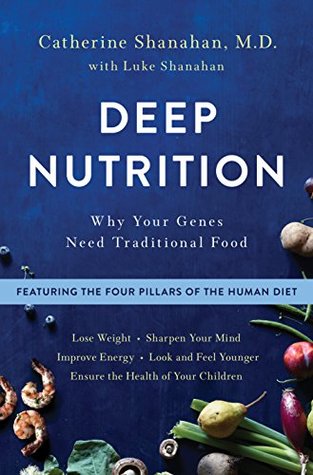More on this book
Community
Kindle Notes & Highlights
Read between
June 17 - October 20, 2019
A 2010 study looking into how poor maternal nutrition and obesity affects subsequent generations concluded, “Poor in utero nutrition may be a major contributor to the current cycle of obesity.”33 The article shows that children born to overweight mothers are epigenetically programmed to build adipose tissue in unhealthy amounts. This suggests that millions of malnourished moms are, unbeknownst to them, programming their children for a lifetime of being overweight, and that this predisposition for putting on the pounds can be passed down to that child’s children as well.
I’m sorry to say that such professional complacency is increasingly common in medicine. Although we tell pregnant patients to quit smoking and drinking and to take their prenatal pills, and we screen for certain diseases, the list of childhood epidemics keeps stacking up. That’s a tragedy. But for the most part, we physicians simply go about our business assuming someone else will someday do something about it. This apathy toward prenatal care has affected the way the general public thinks, as well. I brought up the prenatal pill earlier, so let’s look at that as one example. A woman recently
...more
This highlight has been truncated due to consecutive passage length restrictions.
Synthetic vitamin pills are, of course, a step up from no nutrition at all, but they are a sorry replacement for real food. First, they’re not the same as what nature makes. Many vitamins exist in nature as entire families of related molecules, only a few of which can be recreated in a factory. For example, there may be over 100 isomers of vitamin E, but only about 16 are put into tablets.164 Second, the processing of synthetic vitamins necessarily involves the creation of incidental molecular byproducts, the effects of which are largely unknown. About half of the content of vitamin E tablets
...more


